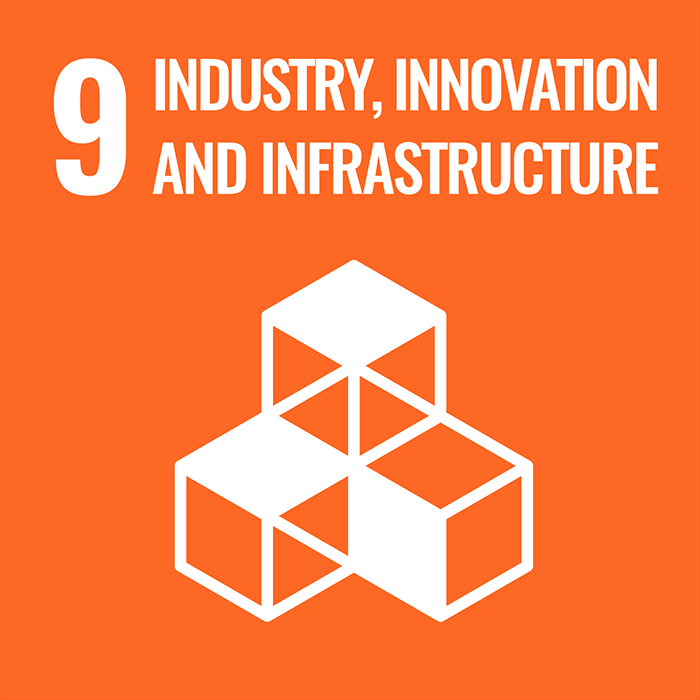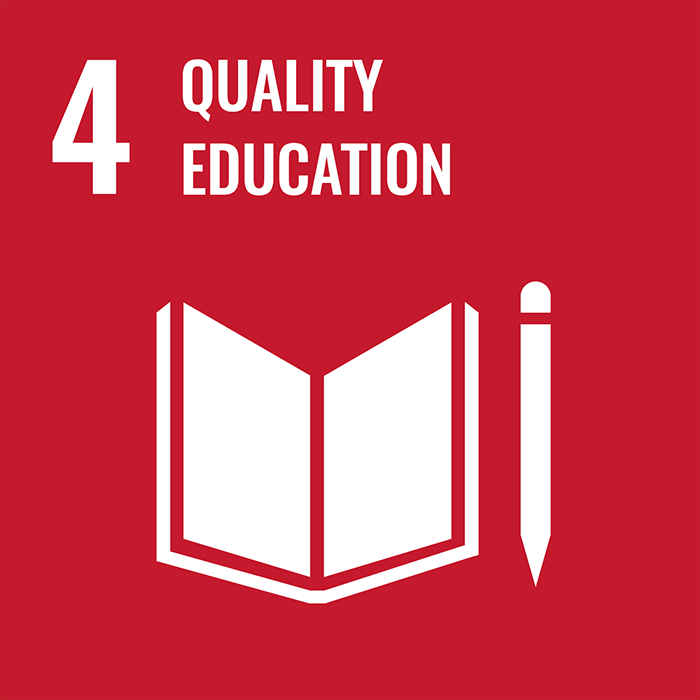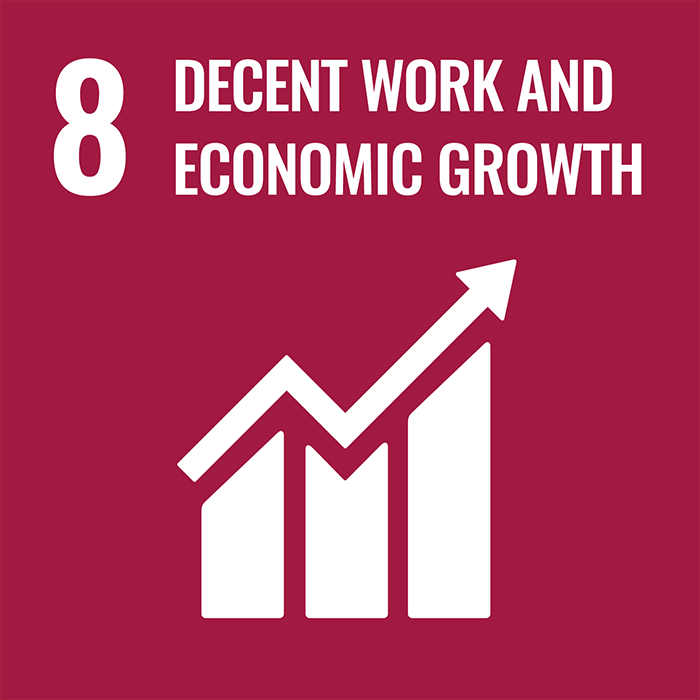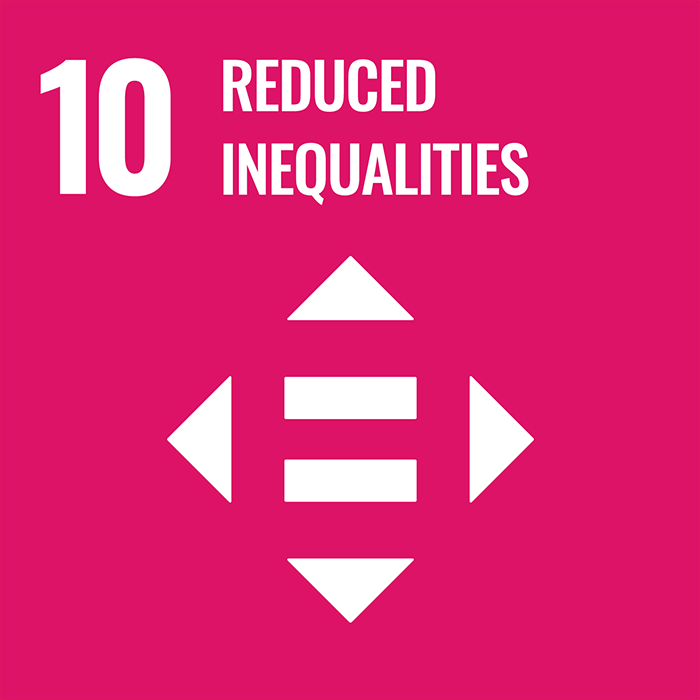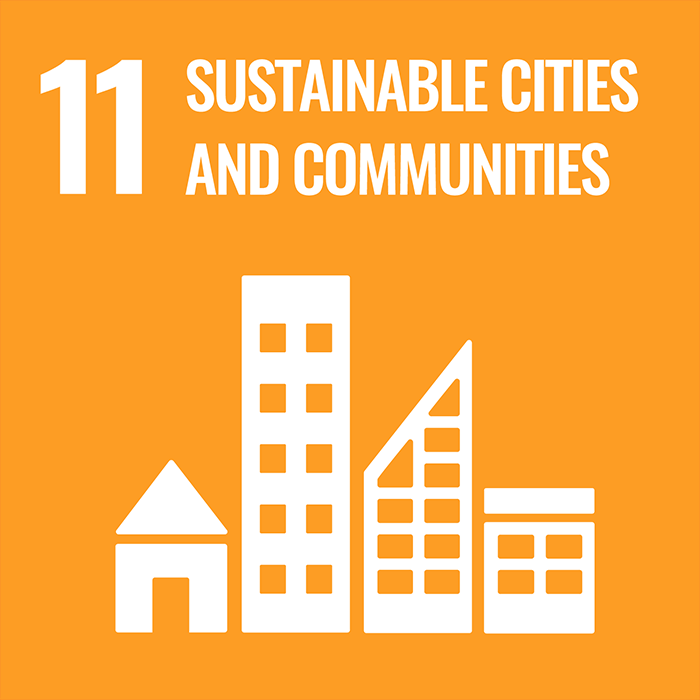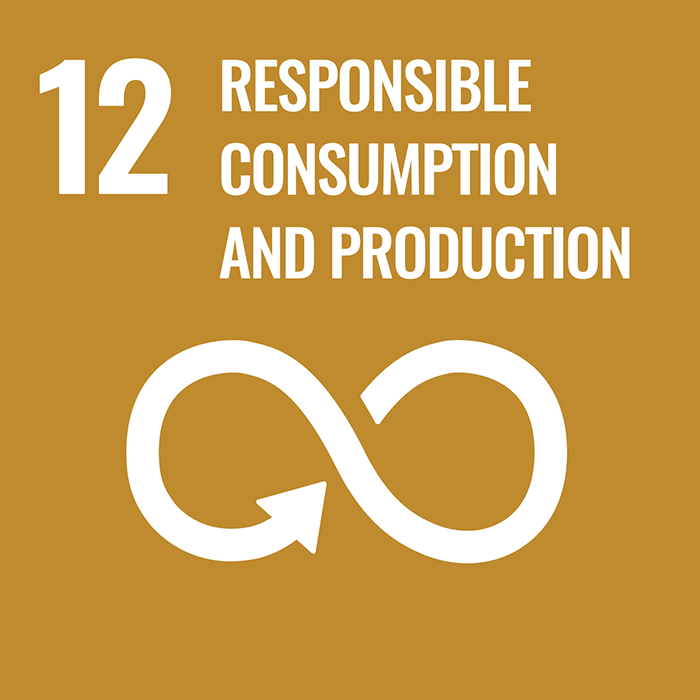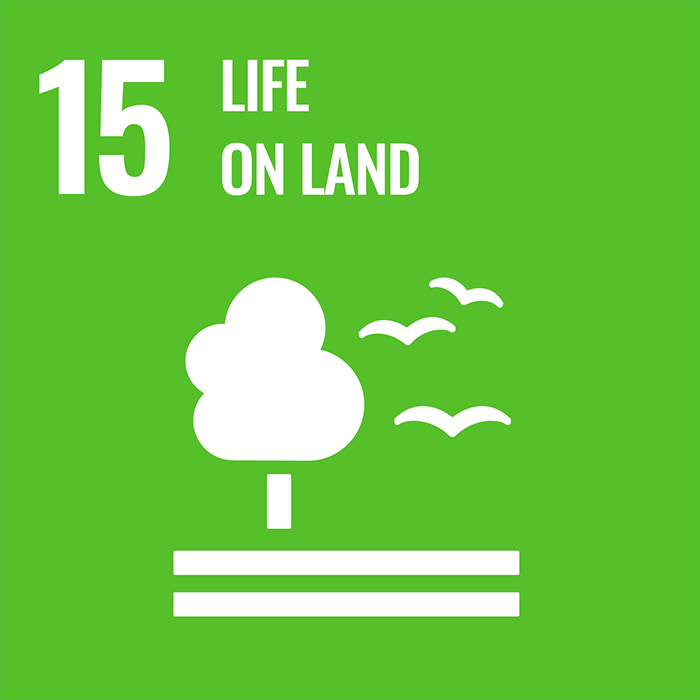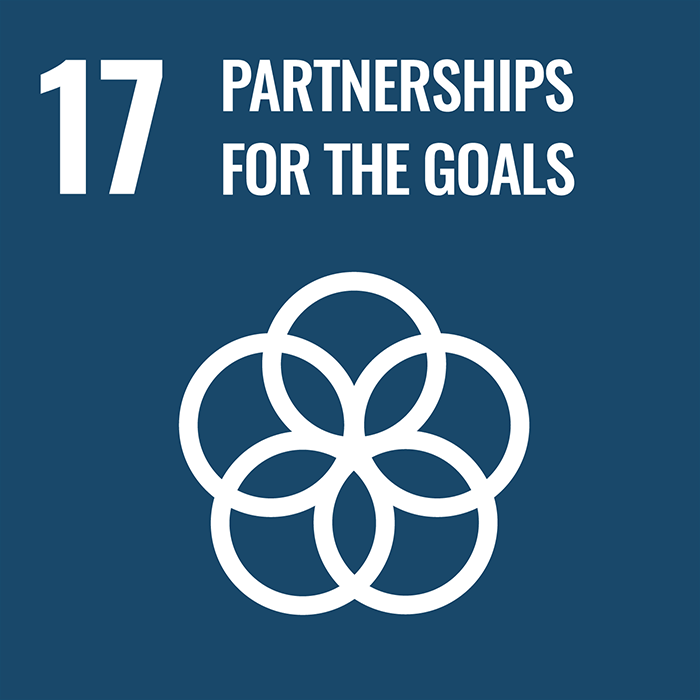UN SDG 9: Industry, innovation and infrastructure
Build resilient infrastructure, promote inclusive and sustainable industrialisation and foster innovation
Our research

Cybersecurity attacks on critical national infrastructure, such as energy and water supply, transportation, health and telecommunications, are on the rise. Attackers increasingly use supply chains as ways to enter these systems. Devices used in critical infrastructure are vulnerable due to the use of open-source software with security flaws, often no longer supported with updates.
Dr Tania Wallis, School of Computing Science, launched the Supply Chain Expert Group within the National Cyber Security Centre’s Industrial Control System Community of Interest to guide the implementation of cybersecurity improvements across critical national infrastructure supply chains by providing illustrations of best practice applicable to operational technology.
This group is giving a voice to operators of critical national infrastructure, enabling practical experiences to be shared and co-producing guidance on supplier assurance. These collaborative activities aim to effectively enhance the overall cybersecurity of this infrastructure.
Sensor specialist startup Neuranics has secured a £1.9 million investment led by Par Equity. GU Holdings Ltd, the investment company for the University of Glasgow, Old College Capital, the University of Edinburgh’s venture investment fund, and London-based Creator Fund, who back scientific founding teams, also participated in the pre-seed round.
Founded in 2021 as a joint spinout from the Universities of Glasgow and Edinburgh, Neuranics develops pioneering magnetic sensors integrated with semiconductor technology for health, fitness, and metaverse applications. Neuranics’s patented technology uses scalable spintronics sensors powered by semiconductors to detect tiny magnetic signals from organs of the body – for example the heart and muscles of the arms, which the company says could transform the current shortcomings of health monitoring devices and human-machine interfaces.
The company’s magnetocardiography sensors are easier to use than traditional electrocardiography sensors. In a human-machine interface application the magnetomyography sensing system can estimate single finger movements by detecting the magnetic activity of the forearm muscles. These sensors improve the latency issues when used to control a robotic hand, or interact with virtual objects in the metaverse.
Neuranics’s chip-scale sensors are low-cost, scalable and low-power, and operate at room temperature, as opposed to the current method of measuring magnetic signals which are characterised by large, complex, expensive, lab-
or clinic-based equipment.

The University has signed a Memorandum of Understanding with Glasgow Science Centre which will help promote public engagement with science.
Learning & teaching

The Masters in International Management & Design Innovation is delivered jointly by the Glasgow School of Art and the University’s Adam Smith Business School, and equips students with skills in design-led management. The programme helps students gain a deep understanding of how design drives innovation in global business contexts, equipping learners with skills to lead and manage design-driven projects across diverse industries. The programme also benefits from access to a dynamic studio environment at Glasgow School of Art, fostering creativity and collaboration with designers and academics in a real-world context.
University operations

Our vision of where we want to get to is clear. We want our innovation to change the world, for the better. By 2025, we want to be recognised as an entrepreneurial university. Through our Innovation Strategy we will double our performance across all elements of our innovation portfolio by investing in and embedding the entrepreneurial spirit of innovation across the breadth of our organisation.
The University has six groundbreaking projects being taken forward as part of the Glasgow City Region Innovation Accelerator programme, which is led by Innovate UK on behalf of UK Research & Innovation and the Department for Science & Innovation.
This unique pilot takes a new co-creation approach to investment, bringing academia and industry together in a wide range of projects, including digital chemistry, advanced sensors, museums in the metaverse, critical technologies acceleration, new approaches to colonoscopy and innovative financial regulation.
Civic engagement

The University has signed a Memorandum of Understanding (MOU) with Glasgow Science Centre which will help promote public engagement with science. The agreement will increase opportunities to promote science within communities across the city, engaging audiences with academic research, and the people who make it happen.
The MOU will facilitate greater coordination of existing public engagement programmes, while increasing collaborations with external partners and access to audiences across Glasgow. It will enable public-facing programmes of work, such as Amplify, a competition for researchers within the University’s College of Medical, Veterinary & Life Sciences, which tasks researchers with producing a public-facing exhibit related to their academic area.


